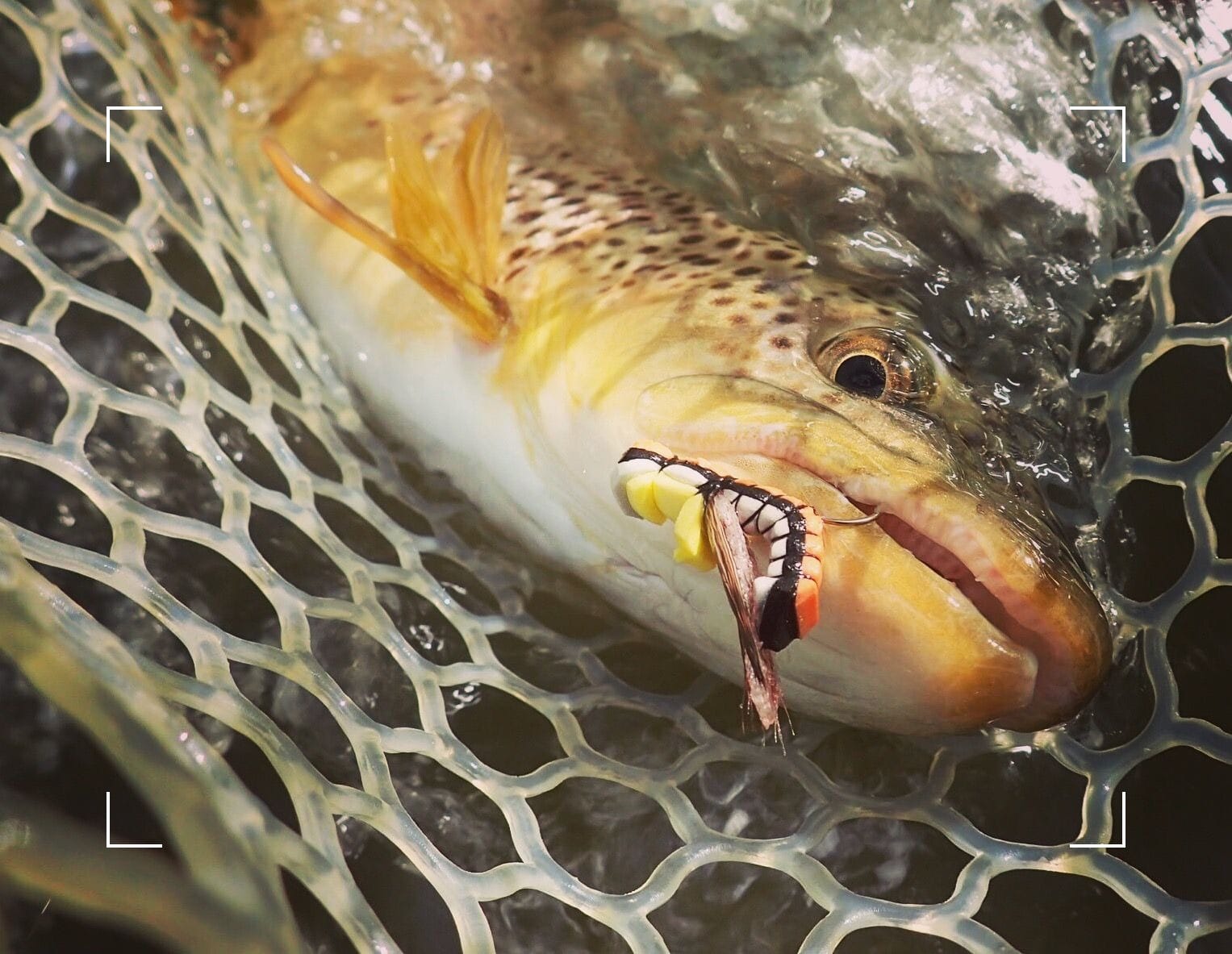Fish Memory and Pattern Hangover
You missed the big hatch, but if you know a little about how trout brains work you might know that you're window of opportunity hasn't fully closed yet...

July 2023
The hatch just ended, you missed it. RIP. But if you know a little about how trout brains work you might know that your window of opportunity hasn't fully closed yet.
We've previously discussed some details about the mind of trout, from that article we clarify...
Some experiments have shown trout can remember bad tasting food items for up to a month. Other evidence suggests that trout can even remember certain food items for up to 3 months.
This concept shows up in several different popular sources, most recently hearing it on a Orvis Fly Fishing Guide Podcast re-run: Trout can remember certain food items after a hatch has ended, though the length of time likely varies based on location. In fact, stream temperatures have an influence on memory for fish. Nevertheless, this little ambiguous detail might not sound so interesting, it might even initially complicate how you approach fly selection during river sessions in the heart of the summer when any multitude of bugs could be active and emerging. But consider the Salmonfly hatch, or the Green Drake hatch, events with large insects and fish who quickly realize the feast in front of them. These events aren't as easily forgotten as minor summer afternoon hatches. At least for a brief fling, fish remember these bugs. When you realize that fish may keep the image of a Salmonfly in their brain for an extended period, past the completion of the actual Salmonfly lifecycle, you might have access to the false hatch, or take advantage of the pattern hangover. The period of time when the fish remember distinct food items, but after the peak abundance of such prey. You may also have the added benefit of being the only one to fish such patterns as many other anglers moved on towards strict match-the-hatch protocol. Not to mention that these hatches are notoriously difficult to time.
There's another situation where fish memory might come into play and over-ride match the hatch. The example of difficult to fool fish ignoring tiny Trico dry flies during a dense hatch, instead choosing to eat an ant or beetle, could represent this same phenomenon played out a bit differently.
Whenever you're looking for an edge on the river, don't forget about pattern hangover and how match the hatch isn't always the only option for selecting fly patterns. We are all subject to how fish perceive our flies.



